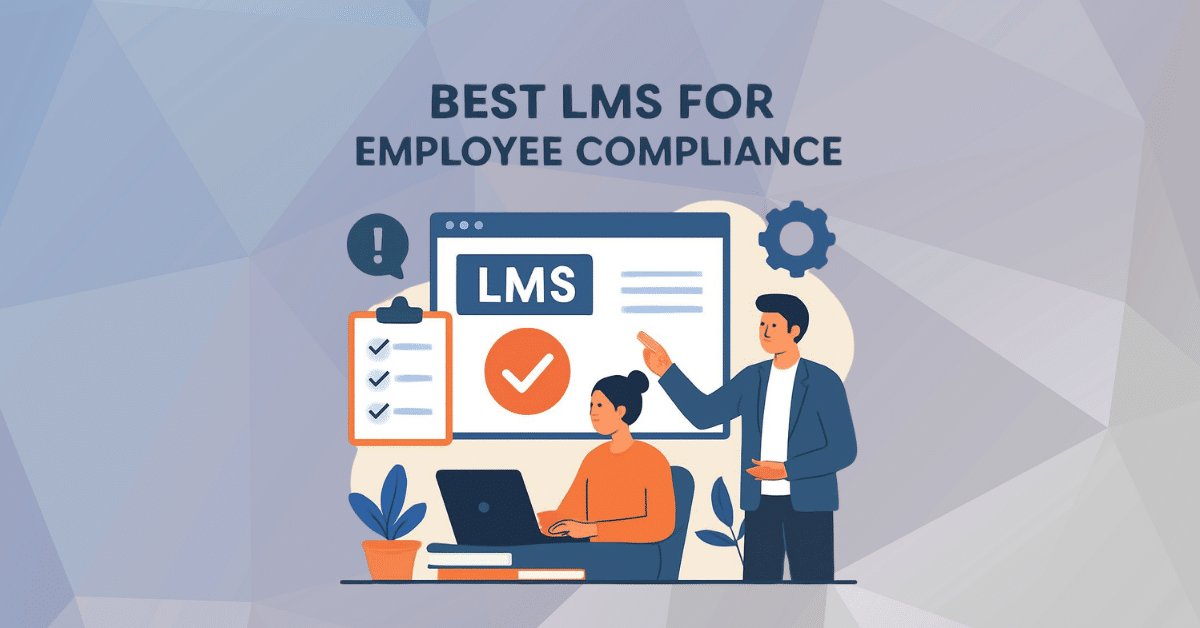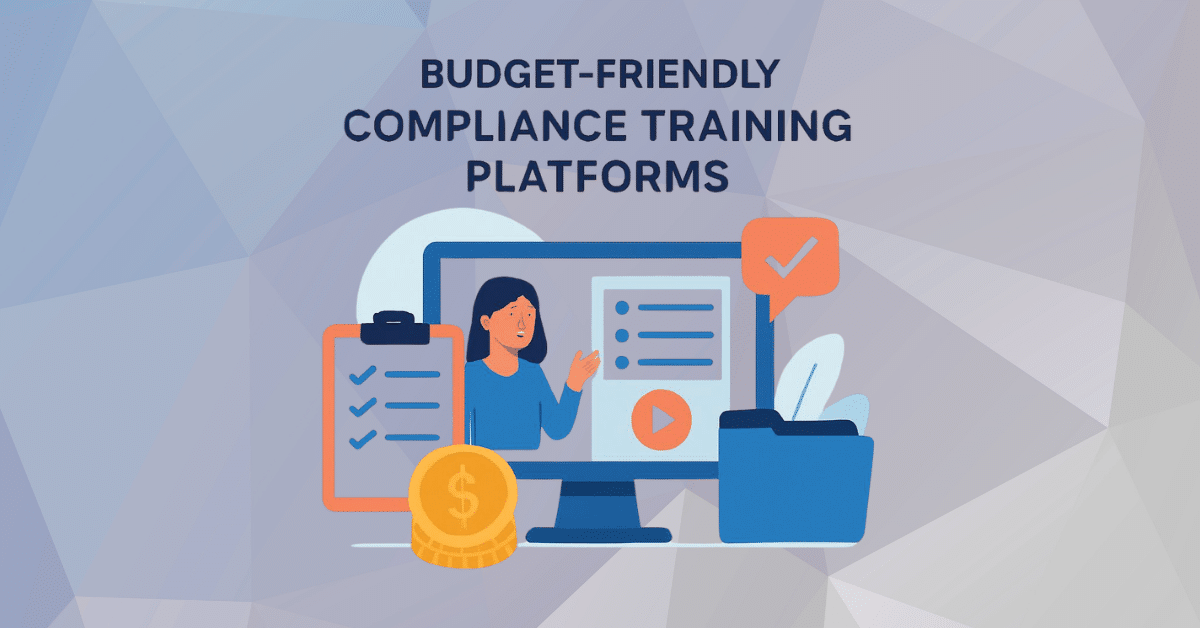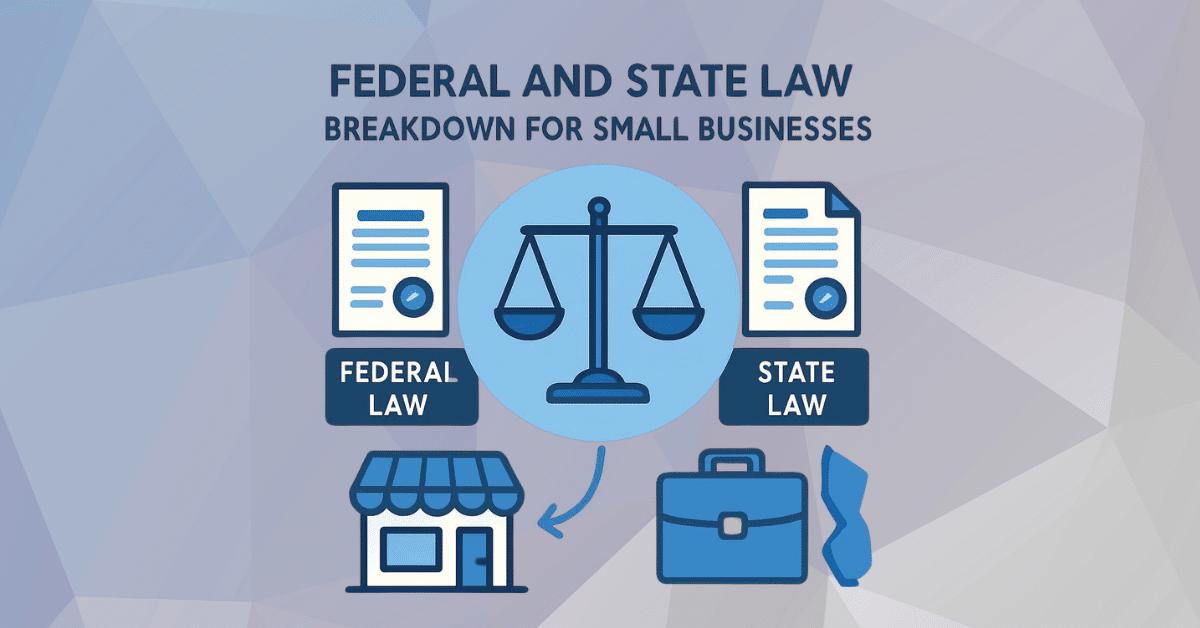A Quick Story To Start
During a lunch break at a midtown hotel, a housekeeper shared that she had told her shift lead about a coworker’s repeated comments, then heard nothing back—no update, no follow-up, just silence.
What she really wanted to know was simple: who else could she talk to, and could someone walk her through it in Spanish if she needed that?
If you are in a similar place, you are not alone. This guide walks you through where to go, what to expect, and how to protect yourself when you decide to speak up.
Report Sexual Harassment New York.
If something has happened at work and you are unsure where to begin, you have more than one option. In New York, you can:
-
Use your employer’s internal complaint process, if that feels safe
-
Go straight to a state, city, or federal agency
-
Call a confidential hotline to talk with an attorney first
The main external routes are:
-
The New York State Division of Human Rights (NYS DHR)
-
The NYC Commission on Human Rights (NYCCHR), if you work in the five boroughs
-
The U.S. Equal Employment Opportunity Commission (EEOC)
You can use one or more of these, and you do not need your employer’s permission to contact them.
State Path: New York State Division Of Human Rights
The New York State Division of Human Rights handles complaints of workplace sexual harassment throughout the state. Filing is free, and you do not need to hire a lawyer to get started.
You can submit a complaint online or visit a Division office. As of February 15, 2024, most employment discrimination complaints have a three-year filing window at NYS DHR. Workplace sexual harassment already had a three-year filing period for incidents that occurred on or after August 12, 2020.
In a typical case, you can expect:
-
An intake interview where you explain what happened
-
A draft complaint has been prepared for your review and signature
-
Notice sent to your employer
-
An investigation and a written determination
New York’s Human Rights Law makes retaliation unlawful, including retaliation for using an internal process or contacting the Division, so you should also note any negative changes that occur after you report.
City Path: NYC Commission On Human Rights
If you work in New York City, you can report to the NYC Commission on Human Rights. Services are free and open to workers in all five boroughs.
You can call 311 or 212-416-0197 to speak with staff and initiate the complaint process. For most discrimination claims, you generally have one year from the last act to file. For gender based harassment, which includes sexual harassment, you may have up to three years.
The Commission can request information from your employer, interview witnesses, and work with you to explore possible outcomes, such as settlement agreements, policy changes, or more formal enforcement actions.
Federal Path: U.S. Equal Employment Opportunity Commission
You can also file a charge with the EEOC. Because New York has state and local agencies that enforce anti-discrimination laws, most workers here have up to 300 days from the last incident to file a charge, rather than the standard 180-day deadline used in some other states.
The EEOC provides an online portal where you answer screening questions and schedule an intake interview. Many charges are “dual filed,” which means the EEOC shares them with state or local partners so your rights are protected under more than one law at the same time.
Confidential Hotline And Free Legal Help
If you’re unsure about which path fits your situation, you can start by making a phone call. New York runs a free and confidential statewide hotline at 1-800-HARASS-3.
When you call, you are connected with pro bono attorneys who focus on workplace sexual harassment. They can help you:
-
Understand whether your experience may qualify as harassment
-
Compare state, city, and federal options
-
Prepare to file a complaint or talk to your employer
You can call even if you have not told anyone at work yet, and you can call again if new things happen after you report.
What To Document Before You Report
You do not need a perfect file to speak up, but a few notes can make your story more transparent and easier to investigate. It often helps to:
-
Write down dates, times, and locations
-
List who was involved and what was said or done
-
Save screenshots, texts, emails, or photos tied to the incidents
-
Note if you reported internally, who received the report, and when it happened
If you notice changes that feel like punishment after you speak up, such as lost hours or sudden schedule shifts, write those down too. They can help indicate whether retaliation is occurring.
Internal Reporting And Escalation
Many employers have written policies explaining how to report harassment inside the company. If you feel safe using that route, you can:
-
Report to HR, a manager, or the person named in the policy
-
Ask for confirmation in writing that your complaint was received
-
Keep copies of your report and any responses
If the internal path feels unsafe, moves too slowly, or seems to go nowhere, you can contact NYS DHR, NYCCHR, or the EEOC directly, with or without continuing internal conversations. You can also use the hotline for confidential advice about which combination of steps makes the most sense for you.
Timelines At A Glance
Deadlines can be stressful, but a simple overview helps:
-
NYS DHR: For most employment discrimination complaints, you generally have three years from the alleged act if it occurred on or after February 15, 2024. Workplace sexual harassment already had a three-year filing period for incidents on or after August 12, 2020.
-
NYCCHR: For most discrimination claims, the deadline is one year from the date of the last act of discrimination. For gender based harassment, including sexual harassment, the filing window is three years.
-
EEOC: In New York, most workers have up to 300 days from the last incident to file a charge, because state and city agencies also enforce anti-discrimination laws.
If you are worried about the date, try to contact at least one agency as soon as you can and mention that timing is a concern.
How Training Supports Reporting
Good training cannot replace enforcement, but it can make it much easier for people to recognize what is unacceptable, understand their rights, and know how to act promptly. Quality sessions explain internal and external reporting paths, anti-retaliation rules, and practical bystander steps.
When employers take these sessions seriously, they also pay attention to the penalties for Sexual Harassment Training NY Penalties, which include the consequences they can face if they skip training, ignore complaints, or refuse to address patterns of harassment. Knowing that these penalties exist often motivates organizations to keep their policies and training up to date.
A strong program should also help workers who speak languages other than English. For example, offering a dedicated module labeled ‘New York Sexual Harassment Training (Spanish)‘ allows Spanish-speaking employees to learn in a language they understand, ask more informed questions, and feel more comfortable using the reporting options you provide.
If You Work In New York City
In New York City, the law focuses not just on training but on visibility. You should see:
-
Posters or notices that describe your rights and how to contact NYCCHR
-
A fact sheet at hiring that explains what sexual harassment is and where to go if it happens
-
Simple, clear language in onboarding documents about reporting options
On a company intranet, it helps when reporting paths are just one click away, rather than buried in old files. A labeled link that takes you directly from your training materials to contact information and complaint forms can make a significant difference on a stressful day.
If You Are A Manager
If you supervise others, you may be the first person someone trusts with their story. Preparation matters. A focused manager module, such as Supervisor Sexual Harassment Training NY, should show you how to:
-
Listen carefully and without judgment
-
Ask brief follow-up questions to clarify facts, not to challenge the person
-
Document what you hear, including dates, names, and locations
-
Notify HR or the designated contact quickly
-
Avoid any actions that might appear punitive, such as cutting shifts or reassigning someone to a less desirable position.
You are not expected to decide whether a claim is valid on your own. Your role is to take concerns seriously, move them into the correct process, and help protect the person who reported from retaliation.
Protecting Yourself After You Report
Once you report, it is essential to protect yourself and document what happened. Helpful steps include:
-
Keeping copies of everything you send or sign
-
Saving emails, letters, or portal messages from agencies or your employer
-
Writing down any changes at work that feel like payback, including when they started
-
Updating the agency or attorney you are working with if new incidents occur
Retaliation for reporting or assisting in an investigation is prohibited under state law and various local and federal regulations. If you believe it is happening, tell the agency handling your case and include new details in your notes.
Practical Scenarios And Where To Start
A few simple examples can make the choices more straightforward:
-
You work in Buffalo, reported to HR, and nothing changed.
You may file with the NYS DHR and keep the EEOC deadline in mind as a secondary option. Calling the hotline can help you understand how these paths work together. -
You work in Queens and want someone local to review your situation.
Reaching out to NYCCHR for intake could make sense, especially if your experience fits within a pattern of gender based harassment. -
You feel unsure whether what happened is “bad enough.”
You can call 1-800-HARASS-3 and speak with a pro bono attorney who specializes in workplace harassment. They can help you understand how the law looks at your experience.
Avoiding Common Mistakes
When you are tired or anxious, it is easy to take steps that make things harder later. Try to avoid:
-
Waiting until after deadlines have passed
-
Relying only on phone conversations without any written record
-
Posting detailed accounts on social media that reveal names, employers, or confidential information
-
Assuming you must choose a single path without talking to an agency or attorney about options
If you are an employer reading this, neglecting training or records can also create real risk. Ignoring reports, failing to investigate, or treating training as a formality can all increase exposure and trigger findings that carry meaningful legal and financial consequences.


















